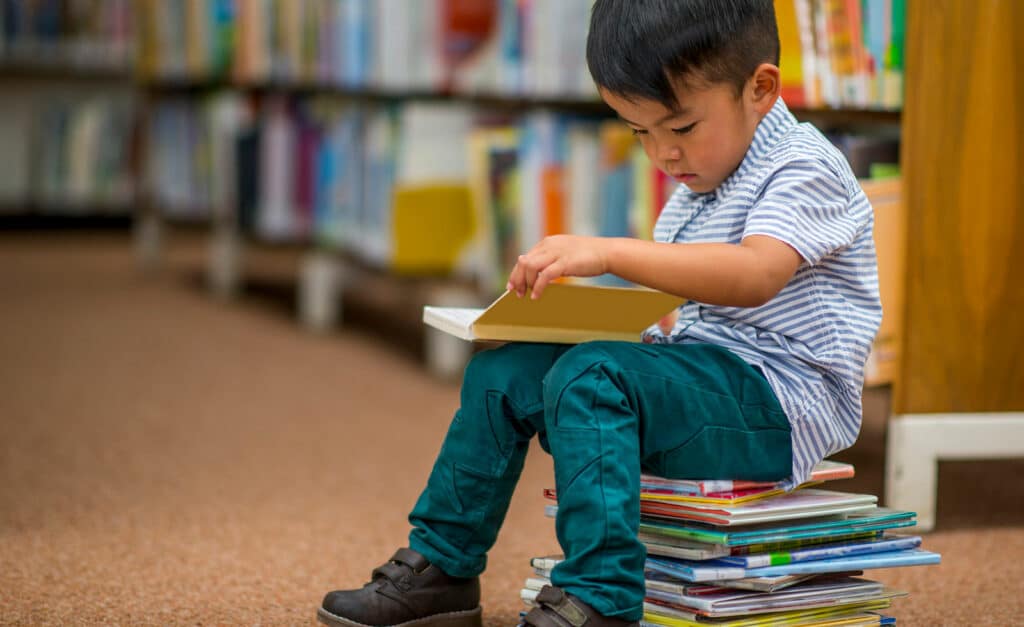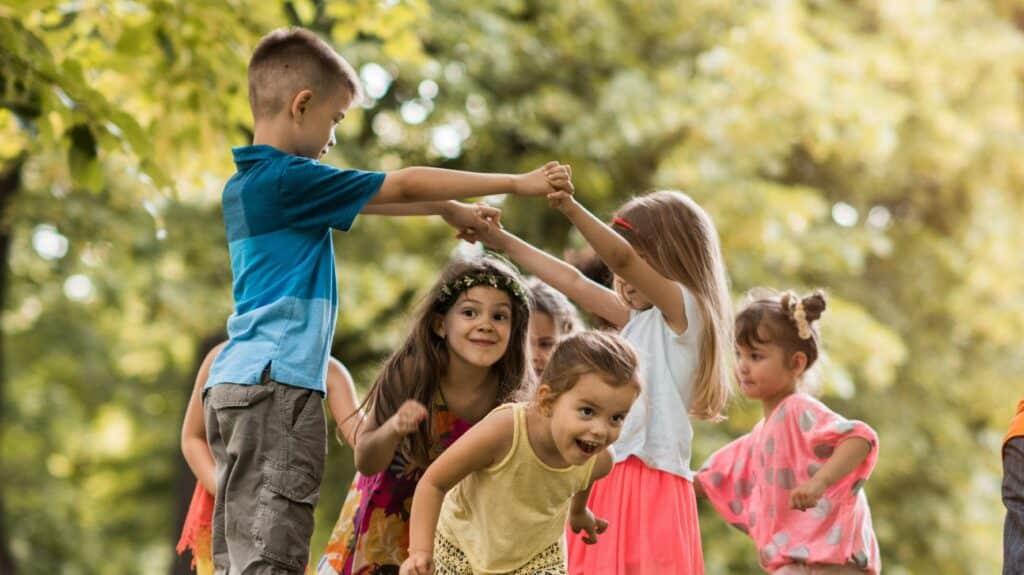When parents are looking for a great preschool, there are many different factors that they think about that vary in importance from family to family. These things could be class size, part-time vs full-time preschool, religious beliefs, or many others.
But most parents can agree on one thing that they are looking for in their ideal preschool: they want their children to learn some key life skills and certain educational topics.
Preschool programs are all going to vary depending on the school you choose, but there are some aspects of educational curriculums that should track the same.
Here are some common topics and skills that the average preschool teaches children.
What Does the Average Preschool Teach Children?
- Social Skills
Preschool helps children learn to share, take turns, follow rules, make friends, and interact with peers in a positive way.
- Early Literacy
Preschool introduces children to the alphabet, letter recognition, phonics, and basic reading and writing skills through activities like storytelling, reading aloud, and writing practice.

- Math and Science
Preschool helps children develop an understanding of numbers, counting, shapes, sizes, measurement, and basic science concepts such as cause and effect, observation, and exploration.
- Creative Arts
Preschool provides opportunities for children to explore their creativity and express themselves through music, dance, art, and drama.
- Physical Activity
Preschool programs often include outdoor play and physical activities that help children develop gross and fine motor skills, coordination, and balance.

- Emotional and Social Development
Preschool teaches children important life skills such as empathy, self-awareness, self-regulation, and problem-solving.
- Cultural Awareness
Preschool helps children learn about different cultures, traditions, and customs, promoting acceptance, diversity, and inclusion.
Whatever preschool you choose, the goal of every preschool should be to provide a safe and nurturing environment where children can learn and grow in all areas of development. This will prepare them for success in kindergarten and beyond.
